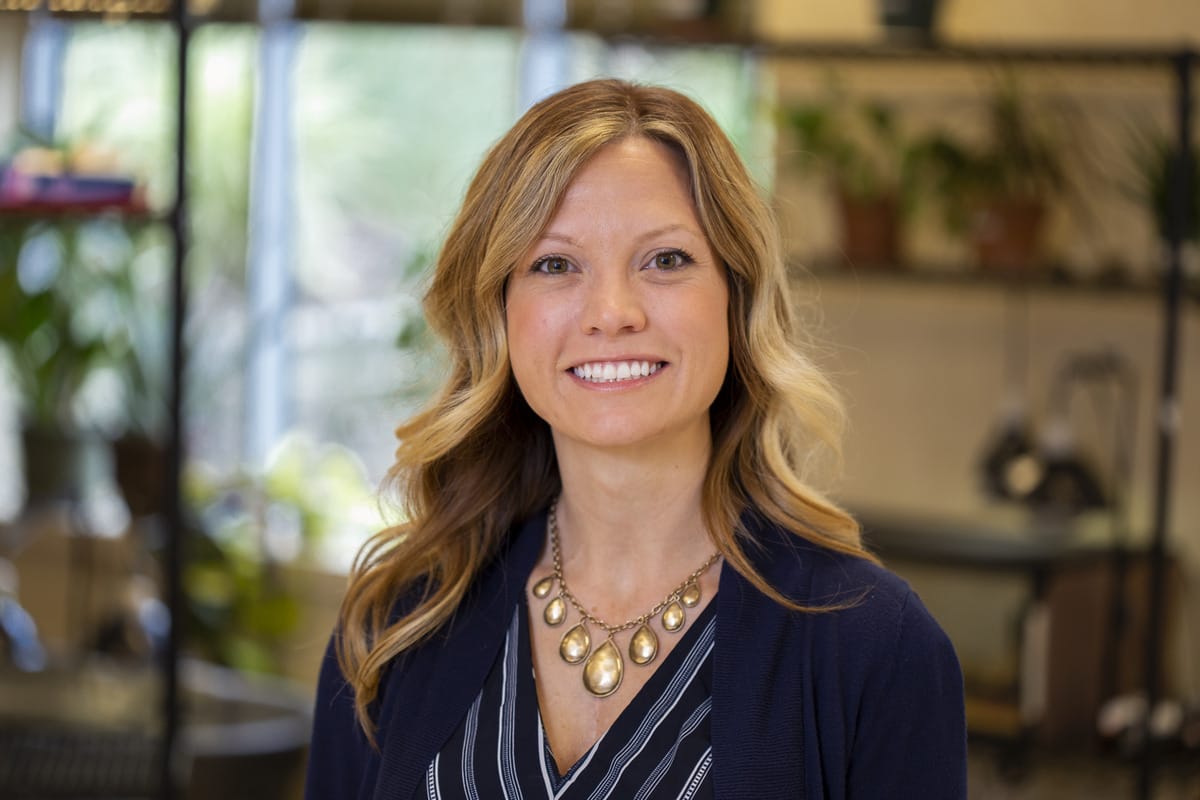I am always astounded when I read how yet another school has decided to cut back on recess to make more time for core content learning. The common excuse is that in order to meet the high demands of academic education, we must take time away from “non-essential” parts of school. Really – what are they thinking?! Clearly the people making these decisions are not teachers. To recognize the importance of movement and freedom, simply step into any elementary classroom and count the number of children bobbing, weaving, rocking, bouncing, fidgeting, and flailing at any given moment. Students need unstructured time to play. In my opinion, recess should be mandatory.
“Recess”-itate Play
Through movement and playtime, children learn about the world around them while also discovering a lot about who they are as individuals. Any google search on the topic of play will bring up articles and studies that support the need for it. In doing this myself, I came across an article from Scientific American stating that not only is play beneficial, but crucial for normal social, emotional, and cognitive development. It’s certainly worth a read – check it out here. By pulling play out of our children’s day, we are depriving them of opportunities for essential growth and development.
The Heart of the Matter
So, what can we do about it? We can let them play. Let them create, let them explore, give them time to engage the world in their own way with no rules, structure, or assigned end goal. Just simple, imaginative free play. Isn’t that what childhood is all about?
I had a fabulous mentor when I began my teaching career in kindergarten. She was a huge advocate of play. I will always remember her encouraging me to be very intentional about building free time into my students’ day. I remember feeling uneasy at the thought of having my students doing something without my guidance or direction. Not that I didn’t want them to play, but I had a lot of self-doubt. What if my principal were to come in and do a “pop-up” observation? What if a parent were to meander by and see us “playing” and not “working”? I soon realized that it started with me. I had to convince myself that play is not only powerful, but essential. From that point on, it was the first thing I wrote into every set of lesson plans I created.
Bringing Play to Your Classroom
So, outside of being intentional, what are some small ways that can make a big difference? Here are a couple of ideas to incorporate play into your school day:
- Allow for Brain Breaks: After a challenging lesson, give students a minute or two to reinvest cognitively. Get a beach ball and have them try to keep it in the air, or form two lines and have a quick rock, paper, scissors tournament. Check out other brain break options here. Each of these will only take a few minutes and the payoff is worth the investment because students will attend better to instruction afterword.
- Designate a Day: Make a certain day playful. I used to do “Dancing Mondays” with my students. I know some of you are squirming at the very thought and I get it! Still, if you’re willing to let loose and allow things get a little loud, your students will love this break in the day. Plus, if you’re anything like me, you’ll finally get schooled in what it means and looks like to “Hype” and “Tidy”.
- Passion Projects: If you’re looking for something that’s a little more low-key, try devoting a part of a weekday to passion projects. I used to do “Figure-It-Out Fridays” where students were given the time, materials and space to play, manipulate, and create. They came to me with an idea and were left to their own creative devices to figure out how to come up with a solution.
Relearning What’s Important
Play doesn’t always have to be a physical endeavor. An important characteristic of play is unstructured time to utilize creative thinking. Projects like Blue Apple’s Take a Stand or High Energy! are entirely student driven and give kids the chance to further develop their social, emotional, and cognitive skills, fueled by their own natural curiosity. This is what play is all about, teaching students to discover their world one adventure at a time!

